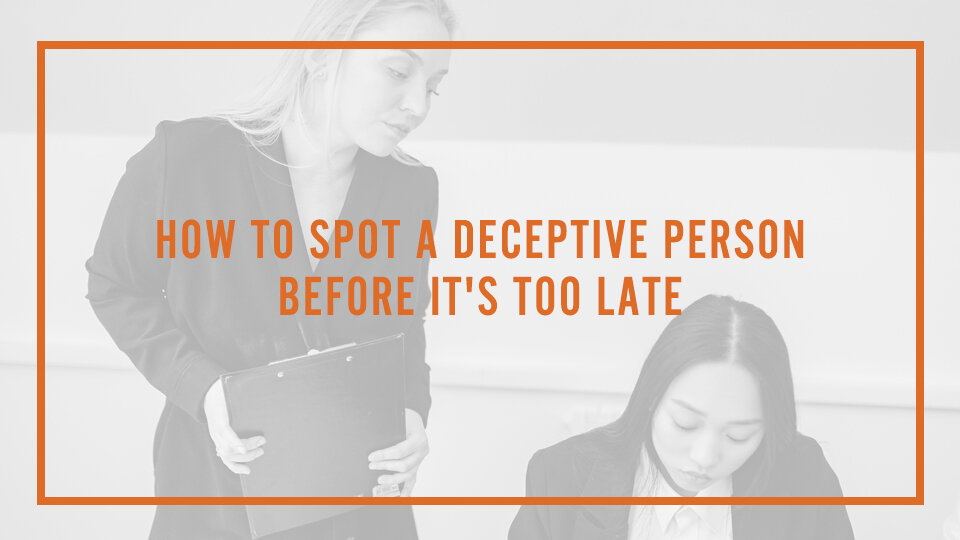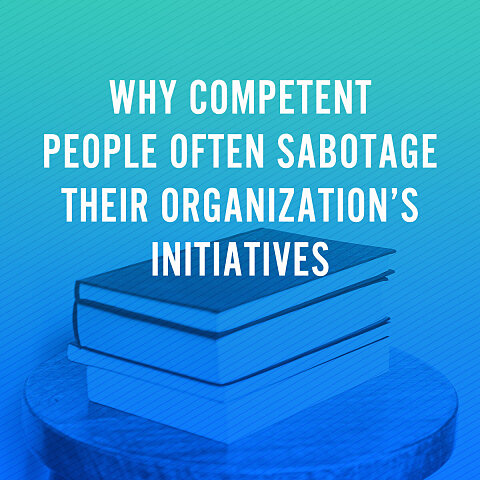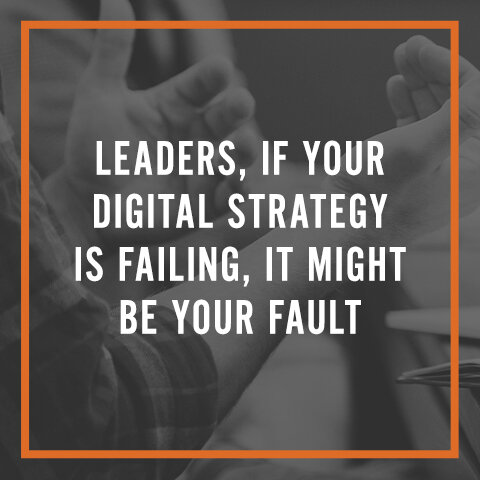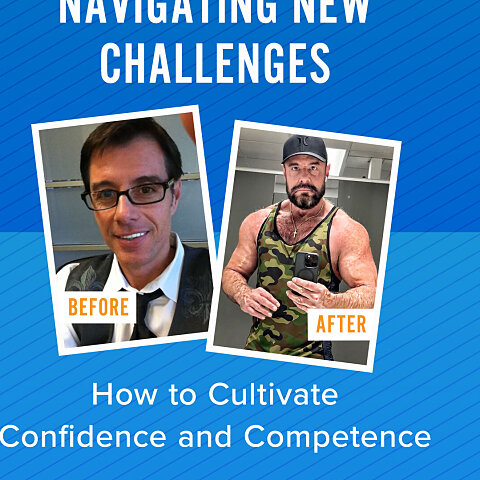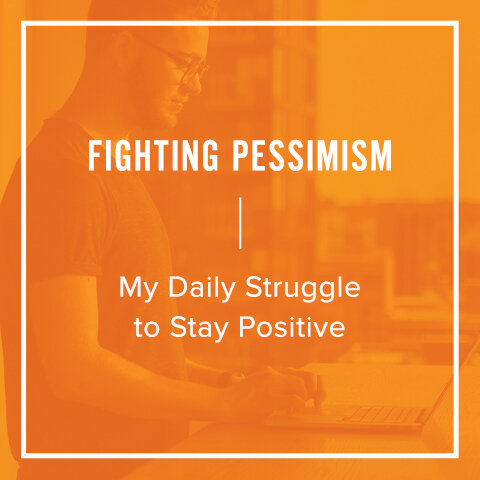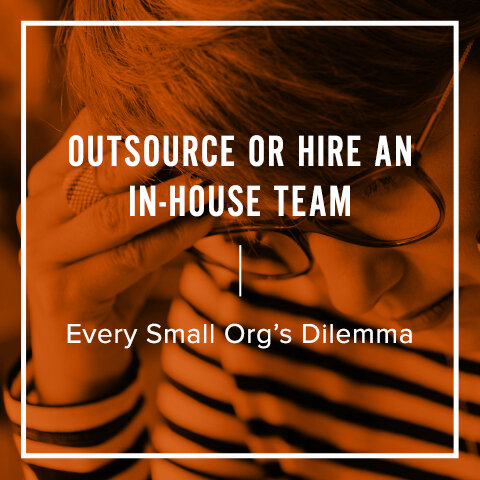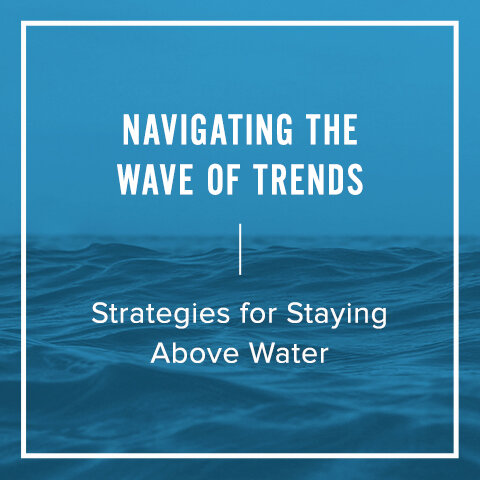How to Spot a Deceptive Person Before It's Too Late
By Maurilio Amorim
I'm an extrovert, and I naturally gravitate toward people. My innate instinct is to discover common ground, connect, and build relationships. It's a quality that's helped me professionally and personally but has also led me down some tricky paths.
Life is an excellent teacher, and over time it has honed my ability to discern the trustworthy from those who might be questionable. While my nature will never allow me to be a cynic, the school of hard knocks has taught me to be more discerning.
In my professional and personal journey, I've learned that recognizing the signs of a potentially untrustworthy person can save time, energy, and emotional turmoil. Here's what I look for:
How do they treat those they feel cannot help them in any way? Pay attention to their behavior with servers, store clerks, or other service workers. If someone devalues others based on perceived status, it's more than a character flaw—it's a warning sign. Respect should never be conditional on what a person can do for you.
How they talk about former bosses, coworkers, and places of employment: Continual negativity about previous professional relationships might indicate a pattern of blame and inability to take responsibility. While no one's work history is perfect, a series of supposedly terrible bosses or toxic workplaces could signal a deeper issue.
How they treat or talk about animals: Compassion toward living beings, including animals, can reflect a person's empathy and kindness. Someone's lack of care or cruelty towards animals might offer a glimpse into their character. As a rule of thumb, I don't associate with people who show signs of cruelty or lack of care for animals.
How they refer to their network of friends: A constantly shifting social circle is worth noting. If an adult's closest friendships are brief, it's worth questioning what might be driving those changes. Authentic relationships usually stand the test of time. If someone's best friend is someone she met a couple of years ago, beware.
How they talk about themselves: A perpetual victim mentality where everything is someone else's fault is a red flag. People who take no responsibility for their actions or decisions might bring that same attitude into a business or personal relationship. If the world owes the person an apology for the life they now have, you might want to keep your distance.
How much chaos they face: Life throws curveballs, and everyone faces hardships like job loss, divorce, or illness. But a persistent pattern of chaos might indicate that this person might be the source of turmoil. In business, such patterns can translate into instability and unreliability. In a personal relationship, you might get caught in their vortex of "bad luck."
Life's tapestry is woven with threads of trust, both in the office and at home. Recognizing these subtle signs in those around us isn't about judgment; it's about understanding human nature and making choices that align with our values and needs.
Whether you're looking to forge a new business alliance or contemplating a deep personal connection, these insights offer a window into the character of those you invite into your life. They're not rules but guides, helping you navigate the complex world of human interaction with wisdom and empathy.
By reflecting on these signs, you're fostering your professional success and enriching your personal life with relationships that resonate with authenticity and mutual respect.
